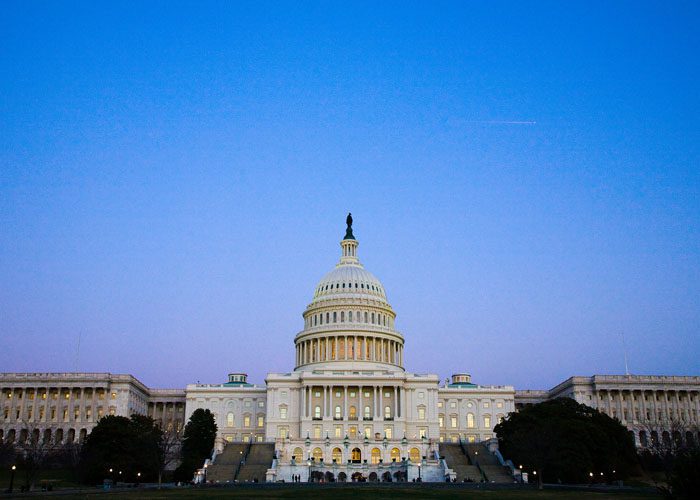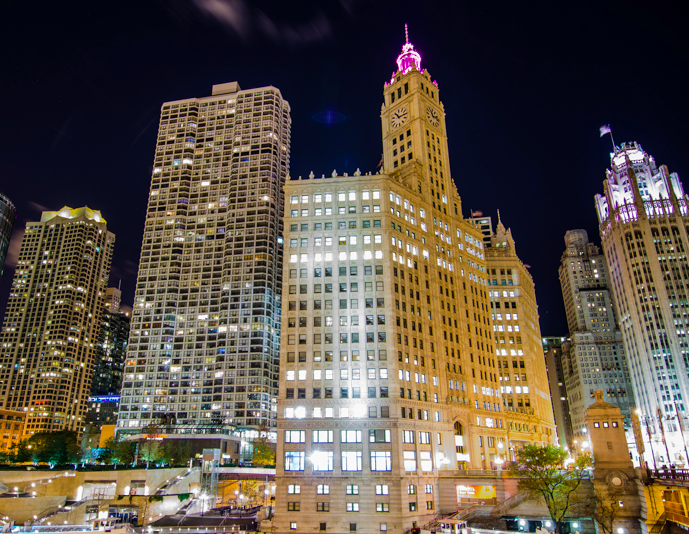It happens in the blink of an eye—a sudden screech of tires, the jarring impact, and the chaos that follows. In a city like San Bernardino, where highways and intersections see heavy traffic daily, auto accidents are an unfortunate reality. Whether it’s a high-speed collision on the I-215 or a fender bender on a local street, the consequences can be life-altering, leaving victims with severe injuries, mounting medical bills, and uncertainty about what comes next.

Many victims find themselves overwhelmed, struggling to navigate the legal and insurance challenges that follow. This is where a San Bernardino auto accident lawyer becomes essential. They help accident victims understand their rights and fight for the compensation they deserve.
But before you can build a strong case, you need to have the right documents on hand. Read on to learn about the essential documents you’ll need to strengthen your auto accident claim.
Essential Documents to Strengthen Your Auto Accident Claim
Building a strong auto accident claim requires more than just telling your side of the story—you need solid evidence to back it up. Insurance companies and opposing parties will scrutinize every detail, looking for ways to minimize your compensation. That’s why having the right documents on hand is crucial. Below are the key records that can make or break your case.
1. Police Report
One of the most critical documents in any auto accident case is the police report. When law enforcement responds to an accident scene, they document important details such as:
- The date, time, and location of the crash
- Statements from drivers, passengers, and witnesses
- A preliminary determination of fault
- Any citations issued to involved parties
In California, police reports are considered strong pieces of evidence in personal injury claims. While they are not always admissible in court due to hearsay rules, they can significantly influence settlement negotiations. Under California Vehicle Code § 20008, drivers involved in an accident resulting in injury or death must report the crash to law enforcement within 24 hours. If a report is filed at the scene, you can request a copy from the local police department or the California Highway Patrol.
2. Medical Records and Bills
Your medical records serve as direct proof of the injuries sustained in the accident. These records should include:
- Emergency room visits
- Doctor’s notes and diagnoses
- X-rays, MRIs, and other medical imaging
- Treatment plans and prescriptions
Along with medical records, keep a record of all expenses related to your injury, including hospital bills, therapy costs, and prescription receipts. These documents help establish the financial burden caused by the accident, strengthening your claim for compensation.
3. Proof of Lost Wages
If your injuries prevent you from working, you may be entitled to recover lost wages. To support this claim, you’ll need:
- A letter from your employer verifying your missed workdays and salary
- Recent pay stubs
- Tax returns or bank statements (for self-employed individuals)
California law allows accident victims to seek compensation for both current and future lost earnings if their injuries result in long-term disability.
4. Photos and Videos of the Accident Scene
Visual evidence can be powerful in proving fault and the extent of damages. If possible, take clear photos and videos of:
- The vehicles involved, showing damage from multiple angles
- Skid marks, debris, and road conditions
- Any visible injuries you sustained
- Traffic signals and signs near the accident scene
California follows a comparative negligence rule under Civil Code § 1714, meaning that compensation can be reduced if you are found partially at fault for the accident. Clear photographic evidence can help dispute false claims and protect your right to full compensation.
5. Witness Statements
Eyewitness accounts can provide an objective perspective on how the accident occurred. If anyone saw the crash, collect their:
- Full name
- Contact details
- Written or recorded statement
Witness testimony can be invaluable, especially if the other driver disputes liability. Statements taken immediately after the accident tend to be more reliable, as details are still fresh in the witness’s memory.
6. Insurance Correspondence
Keep copies of all communication with insurance companies, including:
- Claim forms
- Emails and letters from adjusters
- Settlement offers and responses
Insurance companies often attempt to settle claims for less than their actual value. Having a record of all discussions helps ensure you are not pressured into accepting an unfair offer.
Final Thoughts
The strength of your auto accident claim depends largely on the evidence you gather. Having these essential documents will not only support your case but also increase your chances of securing fair compensation. If you’re unsure about what additional records may be required, consulting an experienced attorney can help ensure you are fully prepared to fight for your rights.
I am a writer based in London, specialising in finance, trading, investment, and forex. Aside from the articles and content I write for IntelligentHQ, I also write for euroinvestor.com, and I have also written educational trading and investment guides for various websites including tradingquarter.com. Before specialising in finance, I worked as a writer for various digital marketing firms, specialising in online SEO-friendly content. I grew up in Aberdeen, Scotland, and I have an MA in English Literature from the University of Glasgow and I am a lead musician in a band. You can find me on twitter @pmilne100.


































